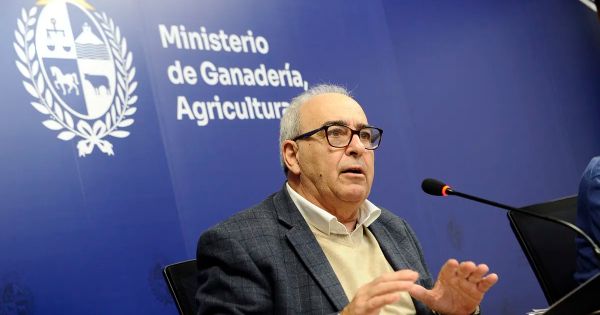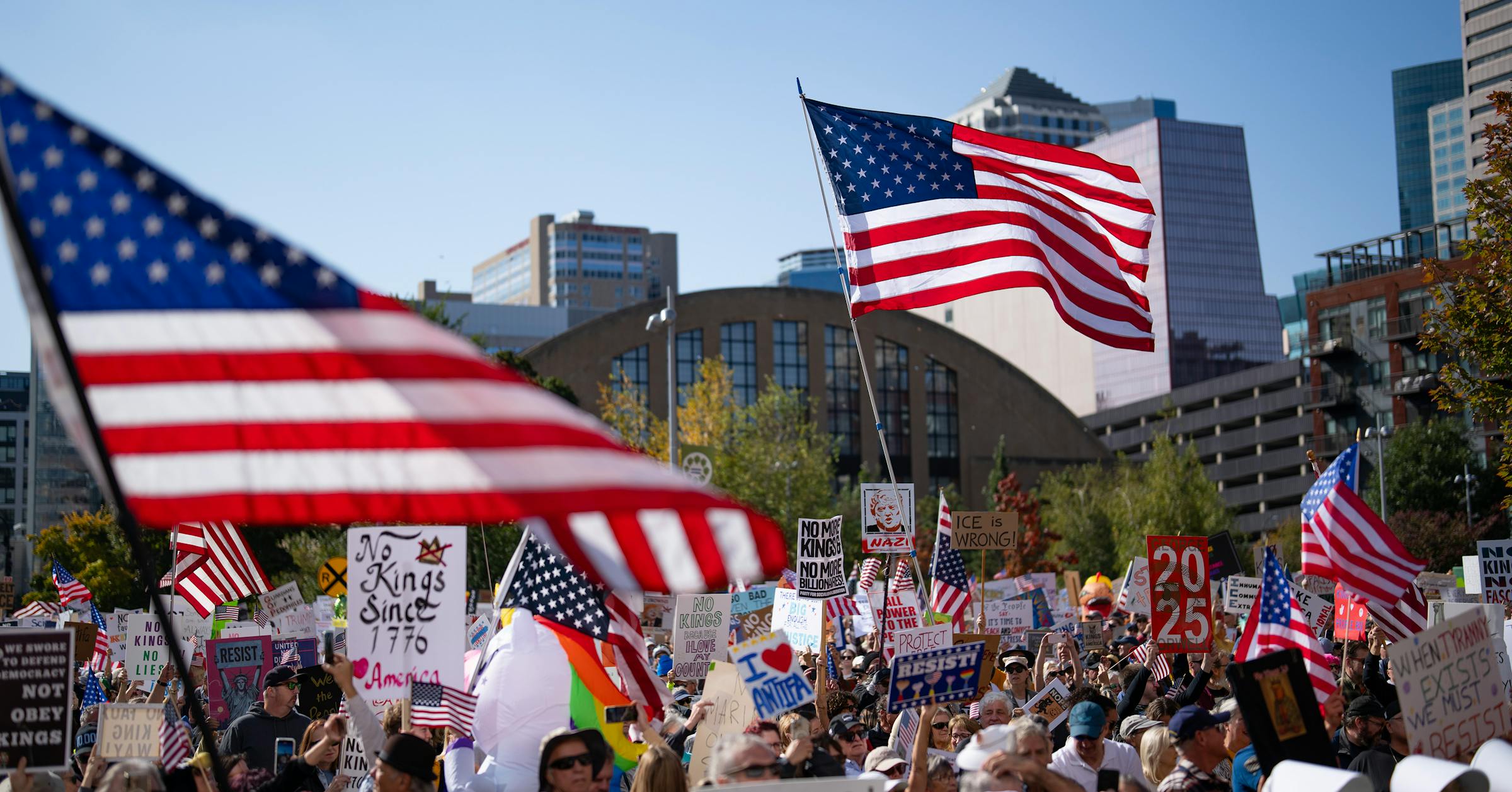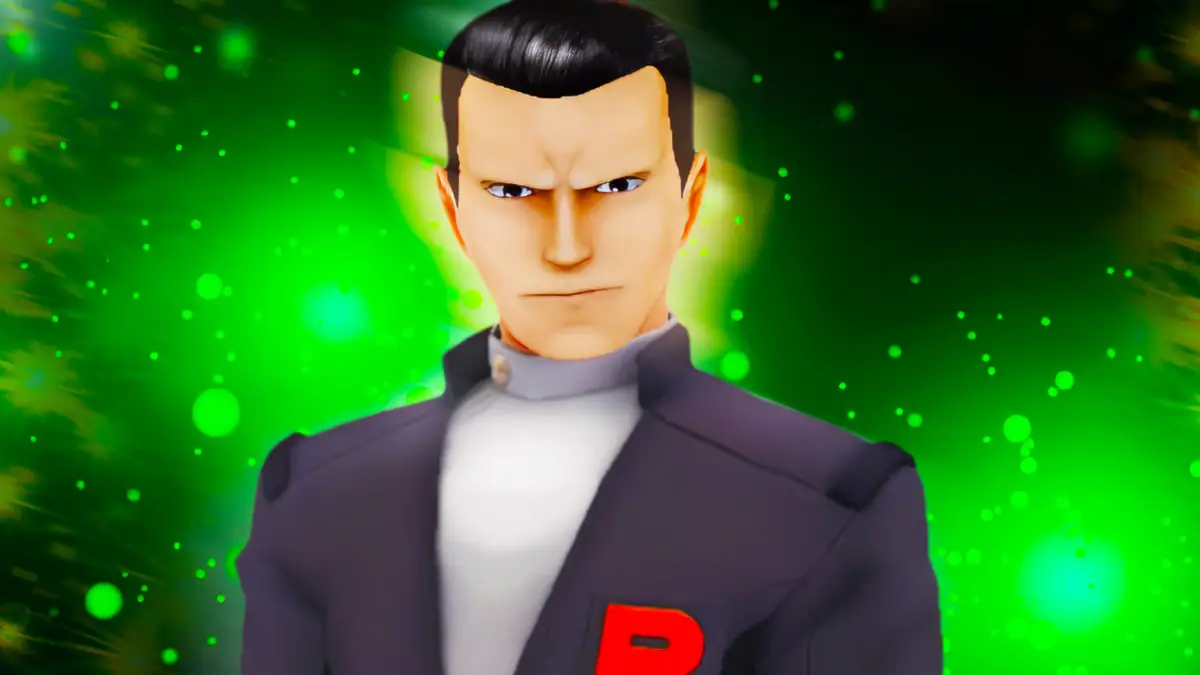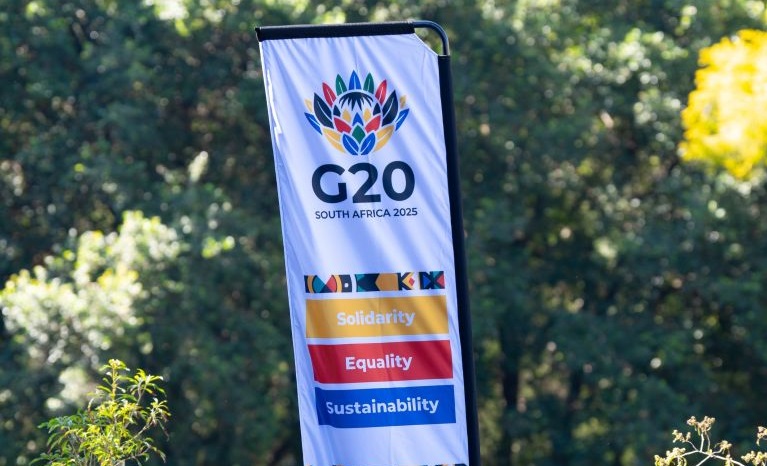Copyright adweek
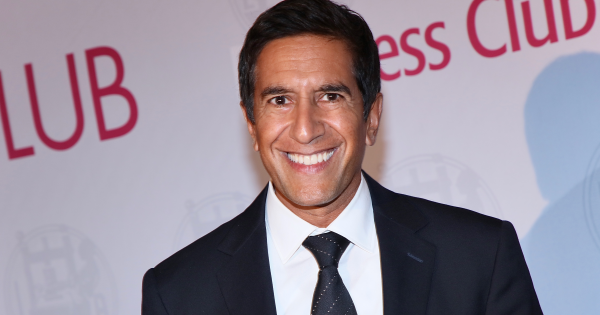
Sanjay Gupta, CNN’s chief medical correspondent, is not your average journalist. He’s also a brain surgeon, a professor of neurosurgery, and a former White House fellow. Through his deep expertise and a commitment to concise, digestible storytelling, Gupta is demonstrating how to cut through the 24/7 news cycle and build meaningful connections with audiences. Onstage at ADWEEK’s annual Brandweek event in Atlanta Wednesday, the doctor-turned-reporter opened up about his career path, his experience reporting from disaster-torn locales around the world, and how he maintains trust and accuracy across different mediums. “[I try] to make sure that there’s plenty of good information out there,” he said. “So even if people aren’t seeking [CNN] out, if they go seek out a topic, in addition to information that may be mis- or disinformation—which is plentiful out there—there is a source of truth and accuracy and evidence-based journalism. That’s what I try and do.” Much of Gupta’s work has explored the medical and health impacts of natural disasters and war. More than once, he’s had to act in a surgical capacity rather than an editorial one. In 2003, Gupta was reporting in war-ravaged Iraq, embedded within a Navy medical unit, when a U.S. Marine Sergeant suffered a gunshot wound to the head. He was rushed to the medical corpsmen serving in 1st Marine Expeditionary Force, where troops asked Gupta to intervene as a neurosurgeon. “We didn’t have the tools to do the operation I needed to do, which was to remove part of his bone,” he recalled. “So I took the drill, which was a Black & Decker drill, and I sterilized the bit, and I used that to basically remove the outer portion of his bone, decompress his brain, remove the bullet and bone fragments, and all this stuff. I wrapped him up. Black Hawk helicopter lands, he takes off, and I never know if I’m going to see him again.” He did indeed see the Marine Sergeant, Jesus Vindaña, again, and even met his family, an incident he recalled in a 2007 story for CNN. “It was a real blending of my worlds,” Gupta said. Throughout his career as a journalist, where he’s reported from the earthquake-ravaged Haiti, post-tsunami Sri Lanka, and centenarian-packed Okinawa. Throughout it all, he’s maintained his commitment to accuracy, evidence, and effective communication. “One of my favorite quotes that I often say when we’re getting into editorial meetings…is this quote by Mark Twain: ‘I would have written you a shorter letter, but I didn’t have the time.’” Whether doing a podcast or on television, it’s difficult to be concise, he said. “You’re asking for people’s time, and you want to make their time really count.” And when the story is told with clarity and concision—while being “as primary sourced as possible, evidence based as possible,” Gupta says, that’s the winning formula.
